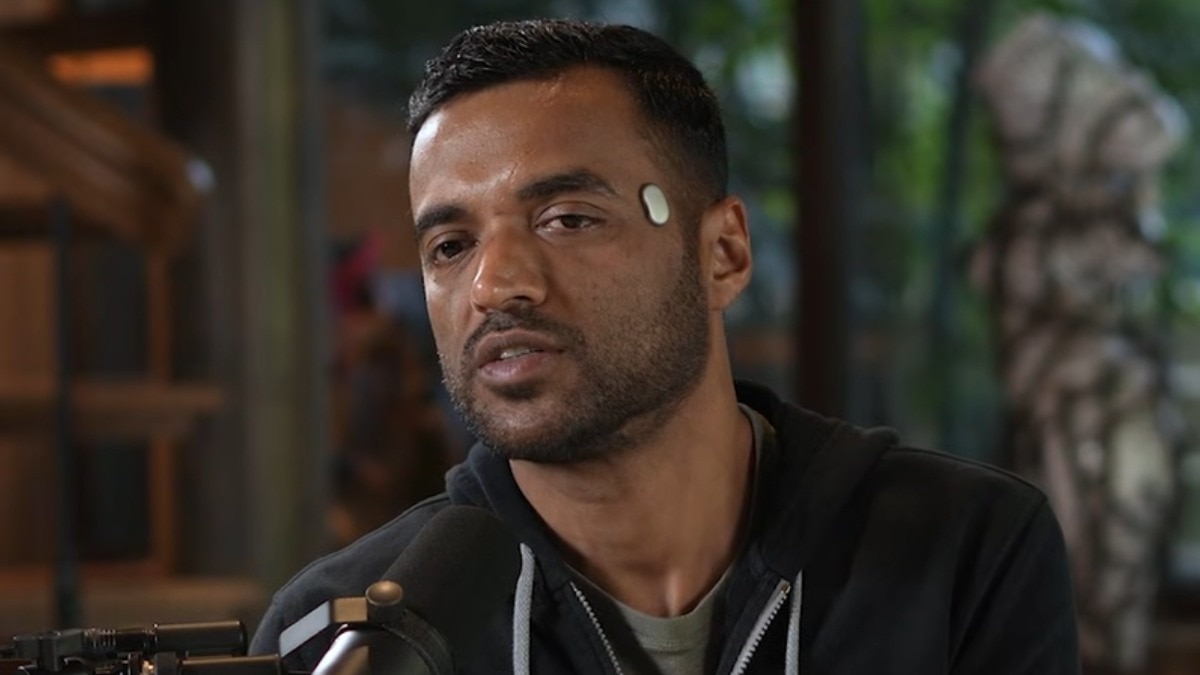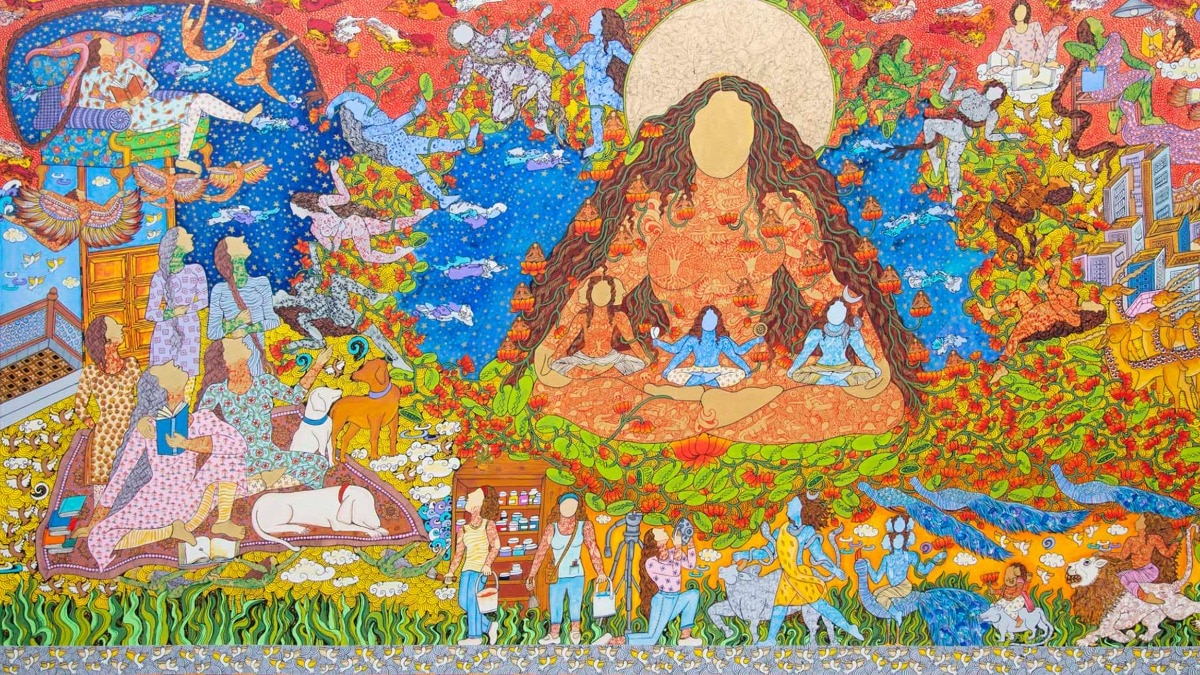
Here’s why romanticising your life is (largely) good and how to go about it
Channel main character energy, always.


We all wish we lived the romanticised version of our lives—the one where we meet our Bunny on a spontaneous trek like in Yeh Jawaani Hai Deewani, the one where we don feather boas and pink stilettos for a grocery run like Anne Hathaway does in Modern Love or pick up a bouquet of fresh roses with a spring in our step and kiss an unlikely stranger like in Emily in Paris or... you get the drift.
There’s something magical about imagining the unimaginable and making our otherwise mundane existence a tad more interesting. And we’ll let you in on a secret: there’s little harm in romanticising the pulse of day-to-day life—whether it means indulging in an ASMR-esque avocado toast or simply smelling the roses. We are saying: the romanticised version of your life that you have embedded in your mind can be a reality—and we are not just saying it, there is research evidence about it.
What does it mean to romanticise your life?

The phrase ‘romanticise your life,’ took the internet by storm during the pandemic. An article in The New York Times reads, “It emerged on social media as a call to action, rising in popularity during some of the grimmest months of the pandemic. It asks us to appreciate what we have right in front of us and to live with intention, no matter how mundane our daily rituals might be.” Transformational life coach and best-selling author, Dr Aparna Santhanam defines it as, “Romanticising your life, in its most positive approach, is a way of living where you appreciate and elevate the small incidents and activities in your life to create magical moments every day. For example: if I make a cup of tea for myself, I serve it in a beautiful china cup with a couple of cookies and a little flower in the tray to convert the tea drinking into a ritual of beauty.”
It’s definitely a good thing, right?
Much like yin-yang and the way of the world, romanticising your life has its pros and cons, and it’s up to you to find the sweet spot in between. According to several psychologists, it is a way of life that sets up the stage for exploring mindfulness, often considered to be the best form of improving your mental and emotional well-being. An article in Poosh says, “Through the act of romanticising your life, you become more in touch with your actions, thoughts, and emotions as you go about your day.”
According to Santhanam, “Romanticising your life is largely a good thing. Romanticism involves bringing main character energy into your life. You learn to give yourself importance, prioritise your needs, and build solid relationships from that energy perspective.” Psychologist Nisha Khanna agrees, “It is something that would boost your self-confidence and do wonders to your sense of self.”
But it also has its flaws. “I would say an excess of anything is bad. Excessively romanticising your life could lead to having unrealistic expectations and turning a blind eye to the challenges and hardships of life. It will create a gap between fantasy and reality, and often lead to disappointment,” says Khanna. “We don't want to block awareness of genuine problems that need to be addressed. In many cases, the healthy function of negative emotion is to cue us to make changes,” adds to Dr Chloe Carmichael, PhD.
Further, “Intense romanticism can blur the lines of reality, especially if our personality is already prone to escapism. However, doing things out of pure love, directed at ourselves or our loved ones and communities, ultimately carries the power of transformation and purpose, especially if tempered with a sense of balance and authenticity,” says Santhanam.
How does one go about romanticising their life?
Romanticising one’s life means different things to different people. “Most often, it means having a mindset of gratitude, doing activities that make you smile or inspire you, being passionate, and being surrounded by people who bring you joy and bring out the best version of yourself,” says Khanna. This could include everyday rituals such as maintaining a gratitude journal, squeezing in some ‘me time’, pampering yourself with a luxurious bath, unplugging from your devices, and more.
Manifestations also play an important role in romanticising one’s life. Santhanam says, “Manifestations help us tremendously when we have the drive to achieve something and our degree of seeking is so powerful that the universe manifests it. Meditation and manifestations help with romanticism, but this kind of approach to living is also driven by an attitude of intrinsic self-worth, confidence, and ability to infuse meaning into mundane things and elevate them.” “When you visualise the reality you want, it helps channelise your creativity most constructively,” says Khanna.
For the disbelievers of the law of attraction, Carmichael says, “From a psychology perspective, we could use ‘thought replacements’. For example, if you're feeling exhausted as you fold a large load of laundry, you might have a thought replacement of "I search for beauty in life's everyday moments" as a way to re-orient your thoughts towards a more romanticised approach to this mundane task.”
Finally, romanticising your life is not about what others think it may be or how they envision their lives. “As a life coach, one of the things I often explore with my clients is a sense of balance and a sense of pure “being” in everything we pursue. Authenticity to who we are is very important and even in our beautiful romanticisms, which have the power to make things magical, being true to one’s self is important,” says Santhanam.
May this be your cue to stay true to every romanticised notion of life that you have, keep smiling, and perpetually channel main character energy.










